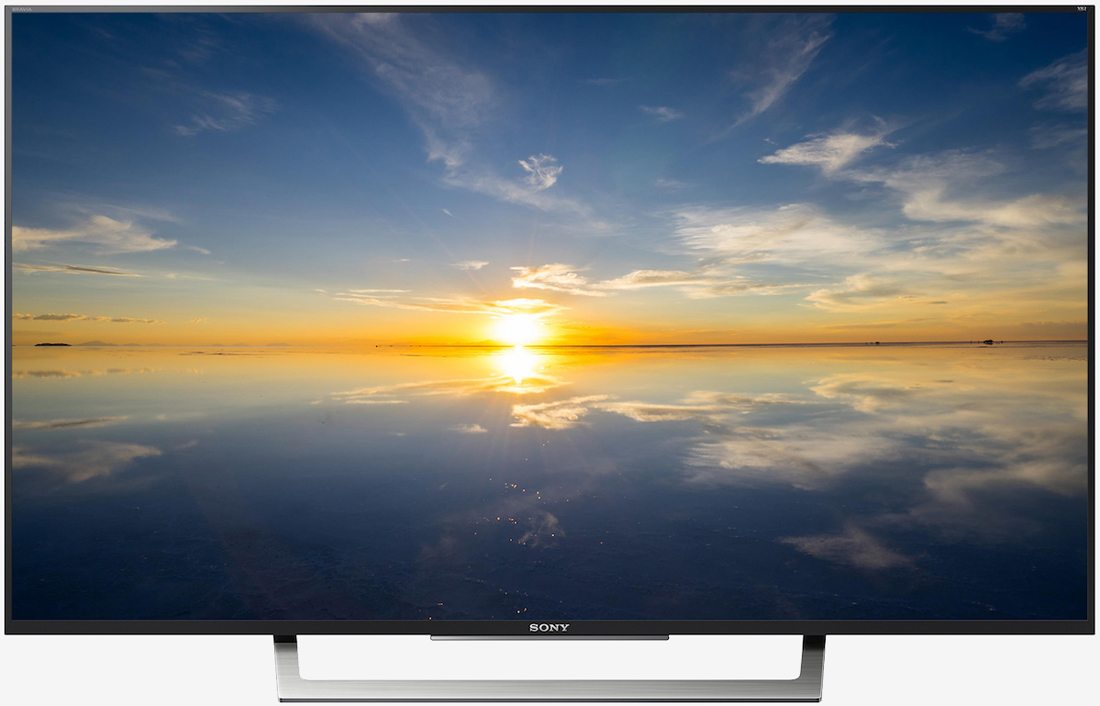
The transition from standard definition televisions to high-definition sets seems like it happened in the blink of an eye yet in reality, it was a drawn-out process that carried on for many years. The shift from HD to 4K, as it turns out, isn’t taking near as long.
During a recent press event in San Francisco, Consumer Technology Association CEO Gary Shapiro said that at year four of the transition to HD, they only sold 2.9 million units. Now, four years into the jump to 4K, that figure has climbed to just over 15 million units.
What’s more, Shapiro said that four out of every 10 units shipped this year – and nearly ever set over 50 inches – will be of the 4K variety.
The rapid adoption of 4K technology is largely a result of lower prices. In 2015, the average 4K television sold for $1,048 but this year, it has dropped to just $861.
The availability of 4K content also shouldn’t be overlooked. When 4K sets first arrived in 2012, there was hardly any native content to speak of. While live broadcasts are still airing in HD, all of Netflix’s original content has made the jump to 4K. Rival Amazon is doing the same, making sure its new original content is also filmed in 4K quality.
All things considered, this holiday season is likely to be a big one for 4K televisions.
https://www.techspot.com/news/66398-shift-4k-happening-much-faster-than-move-hd.html